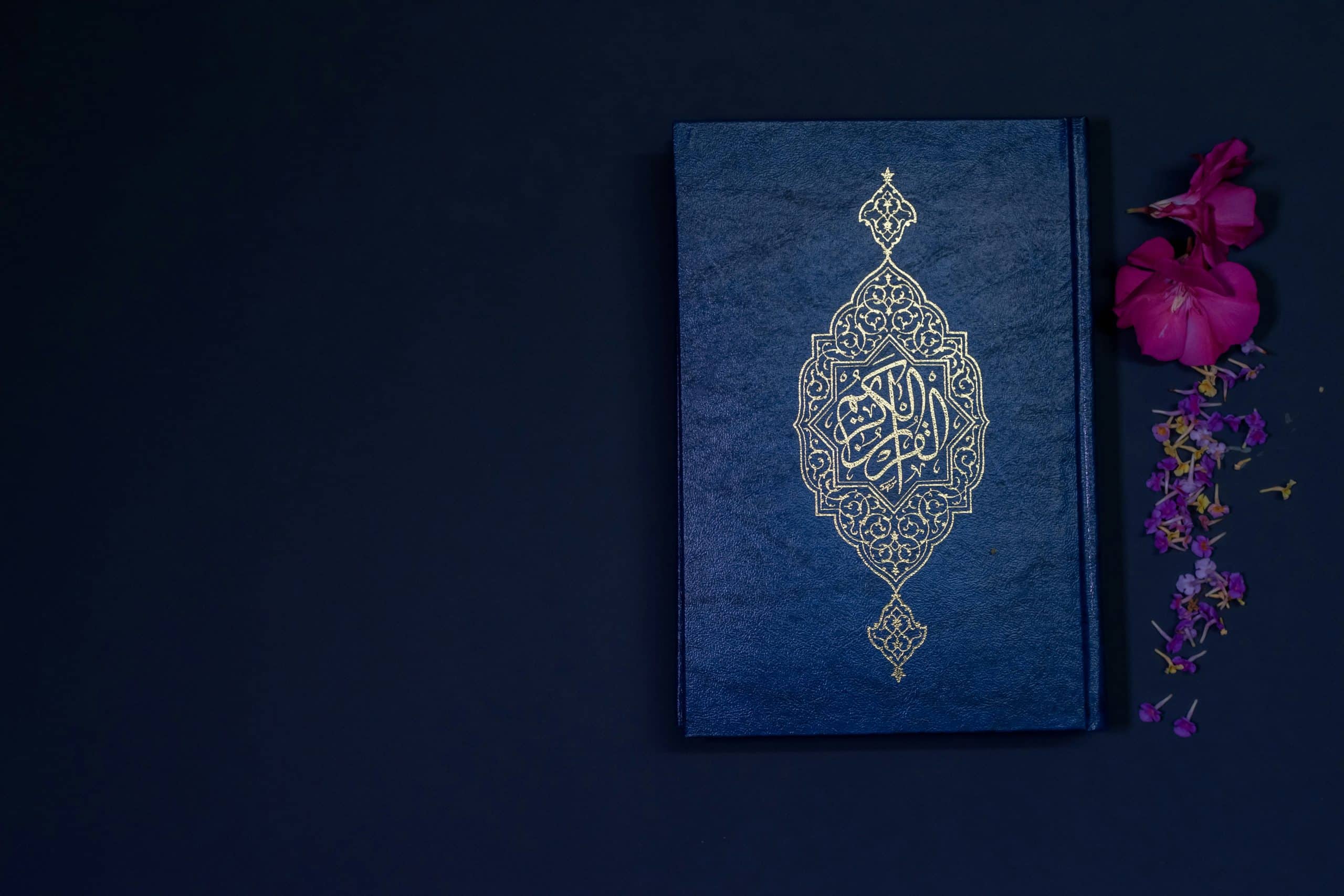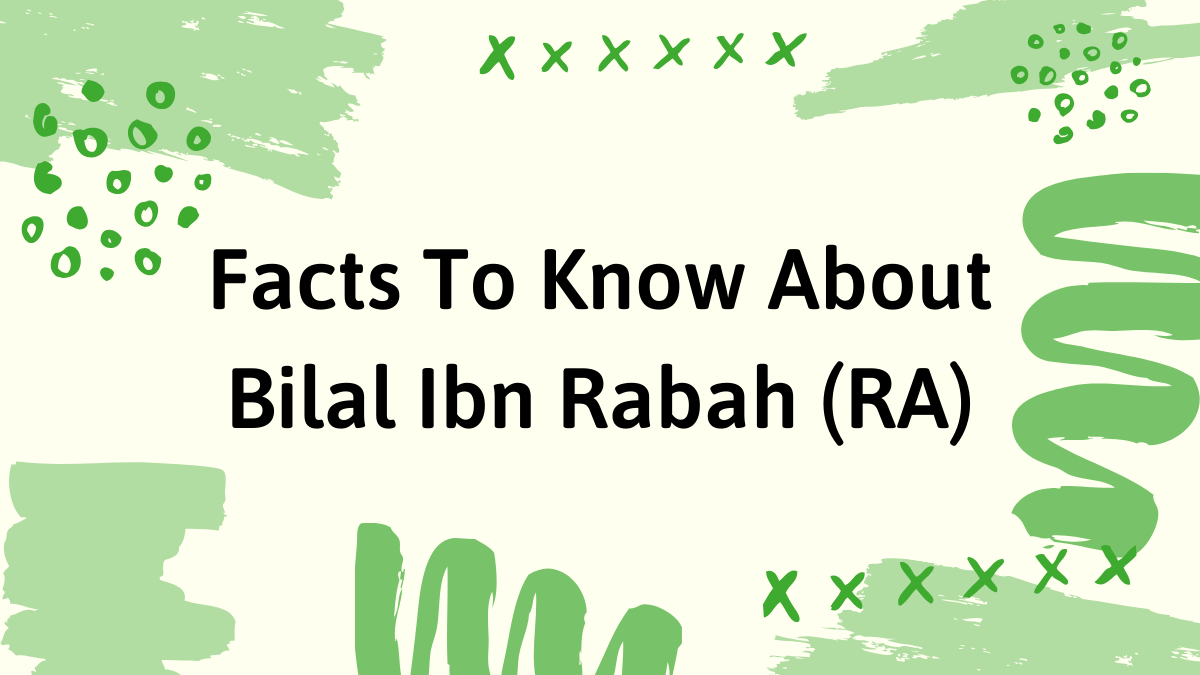After beginning grad college to change into a therapist, I realized that a lot of what we do as therapists is assist individuals perceive and navigate via their feelings. It sparked my curiosity, to see what the Quran has to say about individuals and feelings, in order that very first Ramadan whereas I used to be finding out in my program, I made a decision to place post-it flags in my mushaf each time I noticed a phrase describing an emotion within the Quran. I didn’t understand then that this concept would flip right into a 5-year endeavor.
Right here I’m, 399 post-its, 2 years of graduate college, and 4 years post-graduation later, and I’m nonetheless studying about what the Quran has to say about people and their feelings. I’m nonetheless knee-deep on this examine, so I’ve on no account arrived on the finish of this journey— I’m solely simply initially. I hope that I approached the topic with humility, and opened my coronary heart to what the Quran has to say, somewhat than what I need it to. What follows are a few of my findings and reflections that I got here throughout whereas on this journey.
On Concern and Disappointment
The primary feelings Allah 
 mentions in His guide (7 pages in) are the feelings of worry and unhappiness (خوف & حزن). Researchers outline worry as a high-alert emotion that we expertise in response to a perceived risk, whereas unhappiness is outlined as a low-alert emotion skilled in response to perceived loss or struggling. The primary point out of worry and unhappiness seems in Surah Al-Baqarah, the place Allah
mentions in His guide (7 pages in) are the feelings of worry and unhappiness (خوف & حزن). Researchers outline worry as a high-alert emotion that we expertise in response to a perceived risk, whereas unhappiness is outlined as a low-alert emotion skilled in response to perceived loss or struggling. The primary point out of worry and unhappiness seems in Surah Al-Baqarah, the place Allah 
 says,
says, 

Alhamdulillah, we’re at over 850 supporters. Assist us get to 900 supporters this month. All it takes is a small present from a reader such as you to maintain us going, for simply $2 / month.
The Prophet (SAW) has taught us one of the best of deeds are those who completed constantly, even when they’re small.
Click on right here to assist MuslimMatters with a month-to-month donation of $2 monthly. Set it and accumulate blessings from Allah (swt) for the khayr you are supporting with out fascinated by it.
“We stated [to the children of Israel], “Descend all of you! Then when steerage involves you from Me, whoever follows it, there will probably be no worry for them, nor will they really feel sorrow.” [Surah Al-Baqarah: 2;38]
Concern and unhappiness are additionally the 2 feelings talked about most (worry was probably the most talked about, at 113 occasions, adopted by unhappiness, talked about 41 occasions). I discovered it attention-grabbing that they’re the very two feelings which are on the root of the 2 most prevalent psychological well being diagnoses identified right this moment: melancholy and nervousness. These are additionally those that I see most frequently in my remedy room.
It additionally made me think about, that Allah 
 knew that the difficulties of this life will naturally result in unhappiness and worry inside us, and that maybe He was bringing it to our consideration in His guide: that when ignored, these human feelings can become power circumstances that hold us from efficiently fulfilling our final pursuit on this life: the worship of Allah
knew that the difficulties of this life will naturally result in unhappiness and worry inside us, and that maybe He was bringing it to our consideration in His guide: that when ignored, these human feelings can become power circumstances that hold us from efficiently fulfilling our final pursuit on this life: the worship of Allah 
 . It’s additionally value noting the variety of occasions that Allah
. It’s additionally value noting the variety of occasions that Allah 
 supplies reassurance to us proper after mentioning both of the 2 feelings: worry or unhappiness – an indication of His Mercy that He
supplies reassurance to us proper after mentioning both of the 2 feelings: worry or unhappiness – an indication of His Mercy that He 
 doesn’t intend for us to be in fixed ache on this life.
doesn’t intend for us to be in fixed ache on this life.
On Remorse

Feelings {PC: Francisco Gonzalez ) unsplash]
A number of years in the past, I made a selection that I deeply regretted. It was the type of remorse that retains you up at night time, tossing and turning as your thoughts goes via an countless replay loop of should-haves and could-haves. That summer season, I poured my coronary heart into researching the phenomenon of “remorse,” and found numerous researchers who devoted their whole lives to finding out this emotion. Nearly all of their findings revealed that up till our mid-twenties, most of our experiences of remorse stem from an motion that we took, whereas then again, the regrets we expertise later in life (after the mid-twenties mark) are associated to a scarcity of motion, or “inaction” as Daniel Pink1 calls it.
So after gathering my findings from the analysis, I searched via the locations within the Qur’an the place remorse was talked about to see what Allah 
 has to inform us about remorse (ندم). What I discovered was that remorse is simply ever talked about when describing the expertise of people within the afterlife, as they replicate on their time on the earth. Take the ayah in Surah Yunus for example, the place Allah
has to inform us about remorse (ندم). What I discovered was that remorse is simply ever talked about when describing the expertise of people within the afterlife, as they replicate on their time on the earth. Take the ayah in Surah Yunus for example, the place Allah 
 says,
says,

“And if each wrongdoer have been to own every part on the planet, they might absolutely ransom themselves with it. They may cover ˹their˺ remorse after they see the torment. And they are going to be judged in all equity, and none will probably be wronged.” [Surah Yunus: 10;54].
There are additionally quite a few locations the place Allah 
 mentions the believers experiencing remorse within the afterlife, wishing that they may return in time to do extra good. Motion and inaction apart, Allah
mentions the believers experiencing remorse within the afterlife, wishing that they may return in time to do extra good. Motion and inaction apart, Allah 
 is telling us that no quantity of remorse ever felt on this Dunya is even value mentioning, in comparison with the remorse one will really feel within the subsequent life when reflecting upon this life (both in wishing that they may have completed extra good, or wishing that they might have chosen the righteous path). This discovery made me put my very own expertise of remorse into perspective.
is telling us that no quantity of remorse ever felt on this Dunya is even value mentioning, in comparison with the remorse one will really feel within the subsequent life when reflecting upon this life (both in wishing that they may have completed extra good, or wishing that they might have chosen the righteous path). This discovery made me put my very own expertise of remorse into perspective.
On Panic and Dread
Equally, the emotion of فزع, or panic and dread, is simply ever talked about within the context of the Day of Judgment. Maybe it’s that Allah 
 is highlighting that no matter panic or dread skilled on this world will look like nothing compared to what we are going to really feel on the Day of Judgement. This statement made me replicate upon my reactions to the sudden, and my one-too-many moments of panic that I usually expertise regularly: a misunderstanding that I’ll have triggered; a social scenario by which I didn’t present up at my greatest; a remedy session that seemingly took a left flip and didn’t go as anticipated. It made me marvel, if my one-too-many moments of panic would fall extra into perspective if I have been to recollect this slightly extra. If my coronary heart would beat slightly slower and if my racing ideas would change into slightly calmer.
is highlighting that no matter panic or dread skilled on this world will look like nothing compared to what we are going to really feel on the Day of Judgement. This statement made me replicate upon my reactions to the sudden, and my one-too-many moments of panic that I usually expertise regularly: a misunderstanding that I’ll have triggered; a social scenario by which I didn’t present up at my greatest; a remedy session that seemingly took a left flip and didn’t go as anticipated. It made me marvel, if my one-too-many moments of panic would fall extra into perspective if I have been to recollect this slightly extra. If my coronary heart would beat slightly slower and if my racing ideas would change into slightly calmer.
In Surah An-Naml, Allah 
 says,
says,

“Whoever comes with a great deed will probably be rewarded with what is healthier, and they are going to be safe from the panic of that Day.” [Surah An-Naml: 27;89].
Could we be amongst those that include sufficient good that day, and should we be amongst those that are protected against the expertise of panic – a kind of safety that may solely be granted by Allah 
 . Could we be capable to search a few of that safety on this life from Him
. Could we be capable to search a few of that safety on this life from Him 
 .
.
On the Familial Emotional Journey
Considered one of my grad college professors informed our class as soon as, that he doesn’t imagine in individuals – he believes in households. This turned a basis of our research: no matter psychological sickness a person experiences doesn’t develop in isolation. It’s all the time related to a fancy system of relational and household dysfunction. Households, it seems, are on the root of most psychological well being points we see right this moment.
After I turned to Allah’s 
 E book, I used to be curious to see what I might discover about households and feelings. I selected to take a look at Surah Yusuf, as it’s the solely Surah within the Quran that tells a household’s story in its entirety. Curious factor that the one surah that features a full household story within the Quran, contains the feelings of worry, unhappiness, بأس, hopelessness, and اسف. Regardless that the surah is infused with joyous moments as properly (such because the tender second the place Prophet Yusuf
E book, I used to be curious to see what I might discover about households and feelings. I selected to take a look at Surah Yusuf, as it’s the solely Surah within the Quran that tells a household’s story in its entirety. Curious factor that the one surah that features a full household story within the Quran, contains the feelings of worry, unhappiness, بأس, hopelessness, and اسف. Regardless that the surah is infused with joyous moments as properly (such because the tender second the place Prophet Yusuf 
 tells his father about his dream), I used to be fascinated to note that the named feelings have been these talked about above. It’s as if Allah
tells his father about his dream), I used to be fascinated to note that the named feelings have been these talked about above. It’s as if Allah 
 set the tone for us: sure, household is supposed to be the birthplace of tranquility and connection, nevertheless it inevitably additionally turns into the birthplace of sorrow, grief, and the bottom of feelings. And each can exist directly.
set the tone for us: sure, household is supposed to be the birthplace of tranquility and connection, nevertheless it inevitably additionally turns into the birthplace of sorrow, grief, and the bottom of feelings. And each can exist directly.
On Feelings As a Entire

Feelings within the Quran [PC: Ashkan Forouzani (unsplash)]
Trying again, I imagine I approached my endeavor with as a lot humility as attainable, opening my coronary heart to what I would discover in Allah’s 
 E book. Though I hope that I did obtain this humility (and proceed to take action), I’ll admit that I did go into this endeavor with one bias: I had the expectation that I might discover His
E book. Though I hope that I did obtain this humility (and proceed to take action), I’ll admit that I did go into this endeavor with one bias: I had the expectation that I might discover His 
 guide wealthy in its dialogue of feelings… and I did.
guide wealthy in its dialogue of feelings… and I did.
This was in sturdy distinction to what we discover in the actual world right this moment. Regardless of the outward wokeness of our society, we proceed to be an emotionally constipated one. Outwardly, “remedy” and “speaking about feelings” are fashionable, and it appears that evidently many people are leaping onto the bandwagon. But regardless of that, we proceed to be as disconnected from our emotional experiences as we ever have. (Simply suppose again to what number of occasions you heard an argument finish with: “You’re being emotional!”)
Strolling into this, I knew that I wouldn’t discover the identical constraint within the guide of Allah 
 . I knew that the One who created us wouldn’t tackle this basic side of our humanity. And what I discovered confirmed my biases. Nonetheless, even when I hadn’t had the expectations that I did, my findings would have been the identical. Within the Qur’an, Allah
. I knew that the One who created us wouldn’t tackle this basic side of our humanity. And what I discovered confirmed my biases. Nonetheless, even when I hadn’t had the expectations that I did, my findings would have been the identical. Within the Qur’an, Allah 
 makes use of 27 totally different phrases to explain human feelings, showing in about 413 locations within the Quran. Our Creator has all the time identified that we’re emotional beings, however in our ignorance, we denied this very core side of our existence.
makes use of 27 totally different phrases to explain human feelings, showing in about 413 locations within the Quran. Our Creator has all the time identified that we’re emotional beings, however in our ignorance, we denied this very core side of our existence.
Allah’s 
 Information and Knowledge are countless. In any case, isn’t it He
Information and Knowledge are countless. In any case, isn’t it He 
 who stated that if the oceans have been ink for His Information, the ink would run out earlier than His Knowledge does [Surah Kahf: 18;109]? Even after finding out the Qur’an for 5 consecutive years, totally going via the mushaf phrase by phrase in an try to grasp Allah’s
who stated that if the oceans have been ink for His Information, the ink would run out earlier than His Knowledge does [Surah Kahf: 18;109]? Even after finding out the Qur’an for 5 consecutive years, totally going via the mushaf phrase by phrase in an try to grasp Allah’s 
 discourse on feelings, I’ll nonetheless bump into a brand new phrase or a verse that I had missed. Really, there’s something to be stated in regards to the vastness of Allah’s
discourse on feelings, I’ll nonetheless bump into a brand new phrase or a verse that I had missed. Really, there’s something to be stated in regards to the vastness of Allah’s 
 E book: one can by no means be completed finding out the Qur’an or reaping its advantages. Allah
E book: one can by no means be completed finding out the Qur’an or reaping its advantages. Allah 
 designed His guide to be this manner, to maintain us returning to it, whereas our personal understanding grows through the years.
designed His guide to be this manner, to maintain us returning to it, whereas our personal understanding grows through the years.
For me, that is solely the start. I will probably be returning to my Publish-it flags and my mushaf yr after yr, hoping to grasp one thing new about my humanity that I didn’t earlier than. As we method the tip of Ramadan, I invite you to do the identical too.
Associated:
– Emotional Intelligence: A Instrument for Change
– Cultivating Psychological Effectively-Being within the Muslim Neighborhood [Part I]: Debunking Myths, Steps Towards In search of Help







